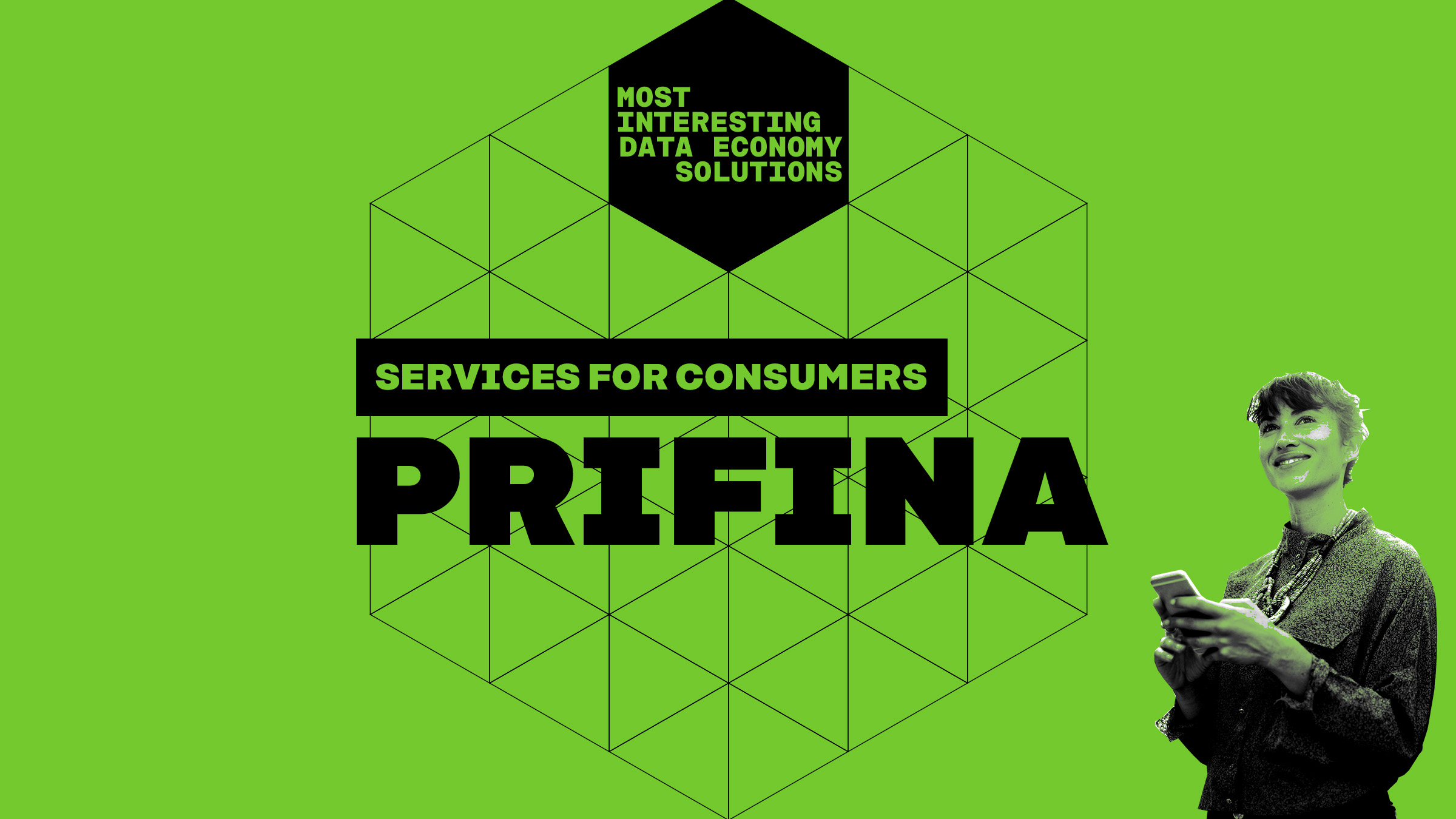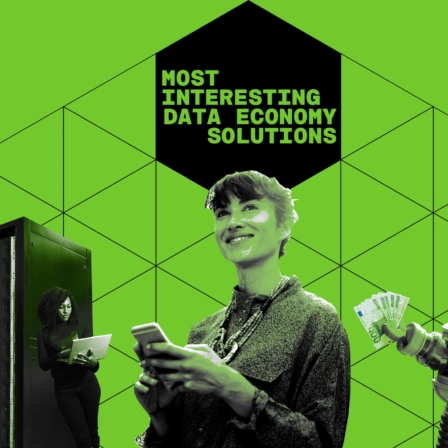Prifina’s goal is nothing less than a revolution in personal data management. For example, when a person jogs with a heart rate monitor on their chest, producing personal data, information about their workouts is now usually owned by the software company that provides the wellness app.
In Prifina’s vision, the data does not remain only with the company offering the app but is stored in the user’s personal data cloud. In other words, the jogging app is only called up to work, and at the end of the day, it leaves the measurement results to the customer. Prifina provides a place for this information as a service.
“The architectures, features and pricing of large cloud services have evolved to the point where it’s possible to build an infrastructure where people store and manage their data. The apps only use data in people’s personal data clouds,” says Valto Loikkanen, Prifina’s founding partner and platform and usability architect.
In a way, Prifina is about going back to the old ways.
“In the past, apps ran primarily on our computers, and we managed the related data ourselves. Then the information was transferred to user accounts on the internet. The assumption was that software companies owned user account information and could use it as they saw fit for their business.”
Things could be different, however, and many stand to benefit from it. According to Loikkanen, many companies would prefer to get out of data management at a time of increasing data protection legislation and data breaches and focus on their core business.
It also bothers many people that personal data about their health or driving behaviour remains in the hands of international data giants. The ability to control it is of interest.
Real-time and holistic view of one’s own well-being
“We want consumers to get value from their data primarily for themselves. Only then will data-driven business emerge,” Loikkanen says.
Value can be created in many different ways. Health and exercise data collected using location data and sensors can provide a fairly comprehensive understanding of a person’s activities, such as their well-being. The solution can also be combined with other data types and uses from different areas of life, such as an automatic diary, which is discussed below.
Based on the data, AI connected to Prifina’s data cloud can make recommendations for improving well-being or, for example, achieving a training goal. The more Prifina knows about its owner, the more detailed the recommendations.
Prifina encourages third-party developers to create new services from individual data that work privately in users’ data clouds. If they wish, users – data cloud owners – can share their data free of charge or for a fee outside their own data cloud for companies or researchers to use if it makes sense for them.
The data ownership revolution will begin in 2024
If apps visit data in the future, app marketplaces will also change. In Prifina’s app store, consumers can buy apps built on personal data.
Consumers pay Prifina for the use of their own data cloud and the apps to their developers, as is currently the case. Of course, free apps will still be available. The app provider, on the other hand, pays Prifina a commission for the use of the marketplace.
“There are so many opportunities related to personal the ownership and use of data in software development that we can’t and don’t want to invent them all ourselves. That’s why it is essential that anyone can build and publish various services on top of Prifina’s data clouds,” Loikkanen says.
So, when will the data ownership revolution start to be visible and audible to consumers? According to Loikkanen, Prifina has been preparing purposefully but without fanfare.
At the turn of the year, Prifina will launch a diary app that automatically uses AI to write diary entries based on the phone’s location data, pictures and calendar, which the owner can then enrich.
In the first phase, the data in the diary app will remain on the phone, but gradually Prifina will begin to offer a data cloud as a location for the data. The goal is for people to understand the benefits of the service and start to become interested in other apps developed on the idea of data ownership.
The diary app is the first step in Prifina’s revolution aimed directly at consumers. In other respects, Prifina has been in development for a long time with various app developers and companies. The intention is to launch the service in its entirety when there are more apps that illustrate the use of personal data between different apps.


